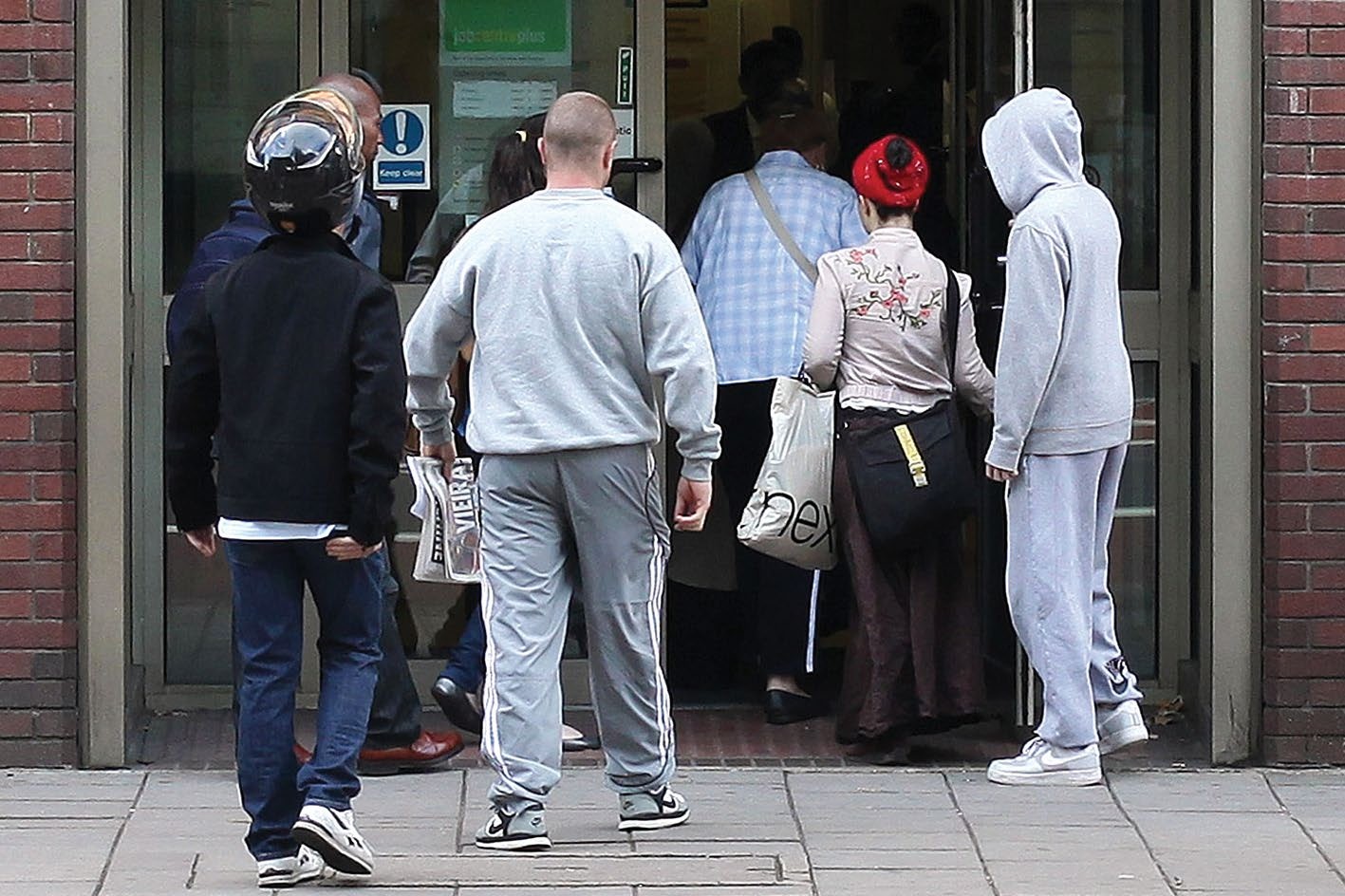What could a general election mean for apprenticeships?
Labour and the Conservatives have competing approaches when it comes to apprenticeships and funding young workers. But how are they supporting small businesses?


Get the latest financial news, insights and expert analysis from our award-winning MoneyWeek team, to help you understand what really matters when it comes to your finances.
You are now subscribed
Your newsletter sign-up was successful
Want to add more newsletters?
Many small businesses will be watching the political debate over apprenticeships with keen interest. While Labour and the Conservatives may have competing visions of how apprenticeship schemes should work in future, one thing is not in dispute: the number of smaller firms taking on apprentices has dwindled in recent years.
That’s largely because the Apprenticeship Levy, the government’s flagship policy on apprenticeship funding, was designed with bigger firms in mind. Smaller businesses are worried about the cost of funding apprenticeships, but also find it difficult to navigate a complex regulatory and administrative system. Nor have training providers done a good job of supporting employers.
Labour’s headline proposal is to introduce greater flexibility into the apprenticeship system. In particular, it thinks employers should be allowed to use up to half of their funding from the Apprenticeship Levy – or be paid directly by the government – to fund training and apprenticeships for existing staff. The Conservatives, meanwhile, want to stick with the existing system, but provide more funding by scrapping some university courses they believe offer poor value.
Try 6 free issues of MoneyWeek today
Get unparalleled financial insight, analysis and expert opinion you can profit from.

Sign up to Money Morning
Don't miss the latest investment and personal finances news, market analysis, plus money-saving tips with our free twice-daily newsletter
Don't miss the latest investment and personal finances news, market analysis, plus money-saving tips with our free twice-daily newsletter
Supporting apprenticeships with small businesses
Right now, one in four small businesses in the UK runs some sort of apprenticeship scheme, according to the Federation of Small Businesses. It has previously said that proper reforms of the rules would enable its members to offer two million additional apprenticeships.
Ministers have already made some progress on tackling the challenges standing in the way of smaller firms. For example, since April, small companies eligible for state funding for apprenticeship schemes no longer had to top up this cash from their own funds when taking on young workers. The regulations on large companies sharing their funding have also been loosened to allow them to finance more apprenticeships at smaller businesses.
Nevertheless, there is still a significant amount of red tape to work through when taking on apprentices. Businesses need to work with accredited apprenticeship providers – identifying the right provider for their industry – and complete a sheaf of paperwork to secure funding. There are also strict rules on the support that learners must receive throughout their apprenticeships.
It’s also important to recognise that financial support for apprenticeships is designed to cover the cost of the training itself. Employers will still need to pay their apprentices a salary – including for time spent in training and education – in line with the national minimum wage. There is some additional support available for the youngest apprentices – and those with special circumstances – but this isn’t a free lunch.
Still, there is widespread agreement that, when apprenticeship schemes work well, there are significant benefits for employers. These include reduced recruitment costs, better staff retention rates and fewer skills shortages. Labour believes these benefits will accrue from support for existing staff as well as for new recruits – flexibility that some employer groups have been calling for. The Conservatives believe the existing scheme can be made to work better for smaller firms, with extra funding already available for employers concerned about cost, rather than the other issues holding them back.
This article was first published in MoneyWeek's magazine. Enjoy exclusive early access to news, opinion and analysis from our team of financial experts with a MoneyWeek subscription.
Get the latest financial news, insights and expert analysis from our award-winning MoneyWeek team, to help you understand what really matters when it comes to your finances.

David Prosser is a regular MoneyWeek columnist, writing on small business and entrepreneurship, as well as pensions and other forms of tax-efficient savings and investments. David has been a financial journalist for almost 30 years, specialising initially in personal finance, and then in broader business coverage. He has worked for national newspaper groups including The Financial Times, The Guardian and Observer, Express Newspapers and, most recently, The Independent, where he served for more than three years as business editor.
-
 What do rising oil prices mean for you?
What do rising oil prices mean for you?As conflict in the Middle East sparks an increase in the price of oil, will you see petrol and energy bills go up?
-
 Rachel Reeves's Spring Statement – live analysis and commentary
Rachel Reeves's Spring Statement – live analysis and commentaryChancellor Rachel Reeves will deliver her Spring Statement today (3 March). What can we expect in the speech?
-
 UK small-cap stocks ‘are ready to run’
UK small-cap stocks ‘are ready to run’Opinion UK small-cap stocks could be set for a multi-year bull market, with recent strong performance outstripping the large-cap indices
-
 The scourge of youth unemployment in Britain
The scourge of youth unemployment in BritainYouth unemployment in Britain is the worst it’s been for more than a decade. Something dramatic seems to have changed in the labour markets. What is it?
-
 In defence of GDP, the much-maligned measure of growth
In defence of GDP, the much-maligned measure of growthGDP doesn’t measure what we should care about, say critics. Is that true?
-
 Reach for the stars to boost Britain's space industry
Reach for the stars to boost Britain's space industryopinion We can’t afford to neglect Britain's space industry. Unfortunately, the government is taking completely the wrong approach, says Matthew Lynn
-
 "Botched" Brexit: should Britain rejoin the EU?
"Botched" Brexit: should Britain rejoin the EU?Brexit did not go perfectly nor disastrously. It’s not worth continuing the fight over the issue, says Julian Jessop
-
 'AI is the real deal – it will change our world in more ways than we can imagine'
'AI is the real deal – it will change our world in more ways than we can imagine'Interview Rob Arnott of Research Affiliates talks to Andrew Van Sickle about the AI bubble, the impact of tariffs on inflation and the outlook for gold and China
-
 Tony Blair's terrible legacy sees Britain still suffering
Tony Blair's terrible legacy sees Britain still sufferingOpinion Max King highlights ten ways in which Tony Blair's government sowed the seeds of Britain’s subsequent poor performance and many of its current problems
-
 How a dovish Federal Reserve could affect you
How a dovish Federal Reserve could affect youTrump’s pick for the US Federal Reserve is not so much of a yes-man as his rival, but interest rates will still come down quickly, says Cris Sholto Heaton